It is often described as a “literary mystery” and has caused much debate. Why did Cassandra Austen burn the letters of her sister, famous author Jane Austen? Miss Austen, a new four-part drama launching on the BBC on Sunday and coming to PBS in the U.S. in May, is telling the story from a perspective of sisterhood and sisterly love.
“My own opinion on that is that she did an incredibly noble thing, rightly or wrongly,” Keeley Hawes (Bodyguard, Line of Duty, It’s A Sin), who stars in the series as Cassandra Austen, said during a recent pre-launch event in London. “I know lots of Austen fans feel that it was an act of cultural vandalism, but I think she had great foresight. She couldn’t possibly have known about the world that we live in now, where everybody wants to know everyone’s innermost thoughts at every second of the day.”
Concluded the actress: “She couldn’t possibly have known. And to do this and make it about (Jane Austen’s) work and to look after her legacy in the way that she did, I think it’s the greatest act of love.”
The cast of the show includes such British stars as Jessica Hynes (Life After Life, Years and Years), Rose Leslie (The Good Fight, Downton Abbey, Death on the Nile, Vigil), Phyllis Logan (Downton Abbey, Shetland), and Alfred Enoch (How to Get Away with Murder, Foundation).
Andrea Gibb (Elizabeth Is Missing, Mayflies), who adapted the series for the small screen from Gill Hornby’s best-selling novel of the same name, echoed Hawes’ take. “Gill takes it apart and offers us a theory, and she gets us inside Cassandra’s head,” she explained. “So we sort of understand the sister that’s been vilified somehow by history. The idea that we could redeem her in some way, I think, is incredibly attractive to writers.”
Director Aisling Walsh (Maudie, Elizabeth Is Missing) also chimed in on that debate. “I think it’s love,” she said. “People don’t need to know that kind of privacy and that kind of intimacy that they have together as two sisters. What they need to know is how genius Jane was as a writer.” Concluded Walsh: “So for me, of course, it is total loyalty.”
Meanwhile, Gibb emphasized that the show tells a feminist story. “One of the reasons why I think we are sitting here all women on this stage is because we do see it as a story which puts women at the front,” she told the press event in London ahead of the launch. “It’s a feminist piece, we think, and we want it to be.”
Gibb also highlighted that the Austen sisters “were forging a life that was not acceptable in those days,” noting: “Women had no rights to property. If they didn’t get married, what did they have? And they were dependent on their husbands, on their brothers, and on their fathers.” So, the two women, “these two remarkable, amazing women, stood out… in that time and in that society.”
Describing their respective approaches showcased in the series, the writer explained: “Jane wants to write. She’s compelled, she’s obsessed, she needs to tell her stories. And Cassandra is like: ‘Okay, I’m going to do this with her. I’m going to be there for her.’ They are the ultimate feminists.”
What sums up the reality of those days was “the fact that the women are isolated from the men unless the men decide that they can be part of the situation,” Gibb concluded. “So, yeah, I think we hope that that’s what we forefronted and made clear and pushed feminism.”

Meanwhile, Christine Langan, executive producer on Miss Austen for Bonnie Productions, highlighted that “we have some very lovely men who worked on the show but also emphasized how strong a presence women had on the set. “We understood, even in the 21st century (and beyond), the places women can’t quite get their elbows out, especially to enter. They can’t necessarily get their voices heard still or earn quite the same amount,” she said. “Well, you know, it’s still ongoing – all of this. And some of the appeal of Austen is just that the rules are more firmly set, and so you can see the inequalities very, very clearly.”
Added Langan: “This inequality, it was catnip for so many brilliant female creatives behind the camera, in front of the camera to be allowed to play in this very, very free way with women having crises of confidence looking back at their life decisions.”
This year marks the 250th anniversary of Jane Austen’s birth. Miss Austen debuts in the U.K. this Sunday on BBC One. In the U.S., it will premiere on Masterpiece on PBS on Sunday, May 4.
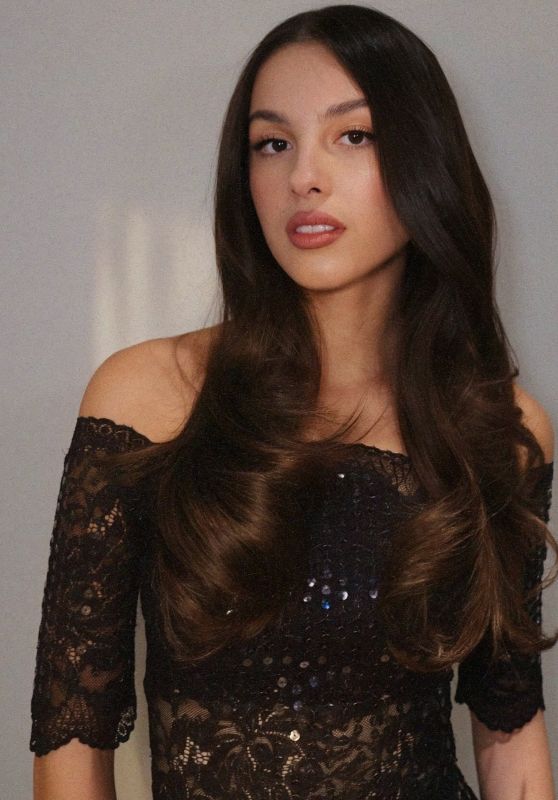
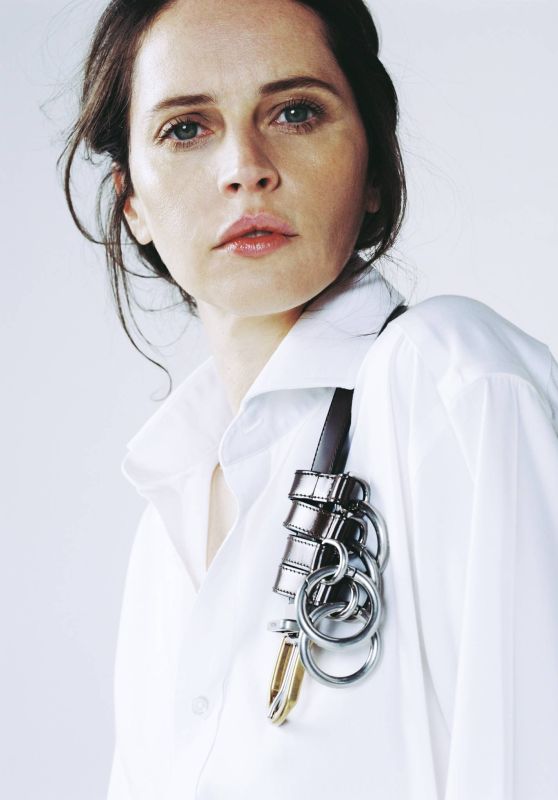
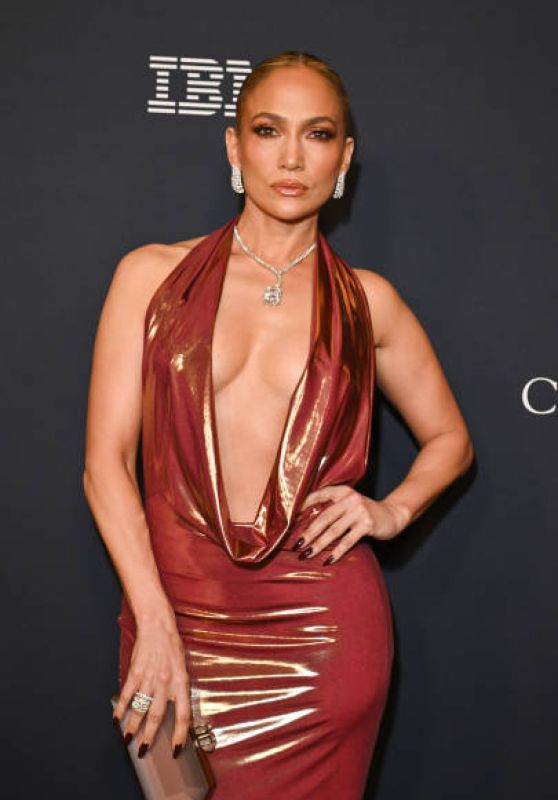
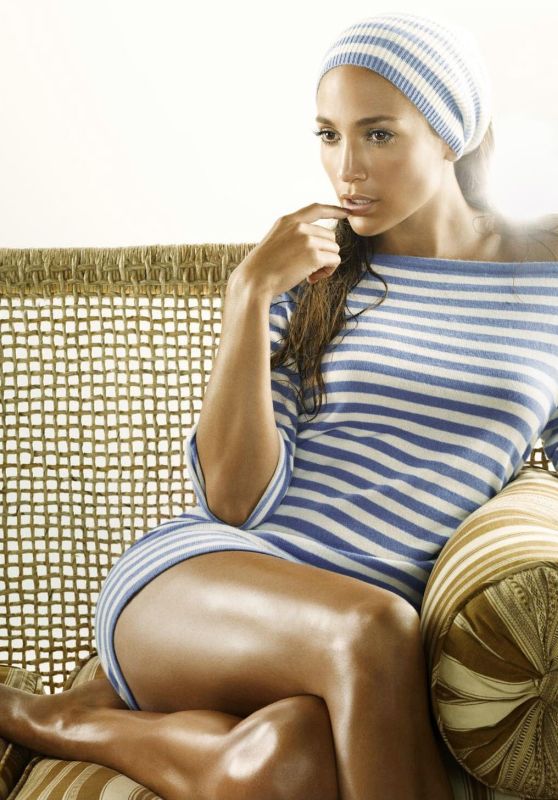
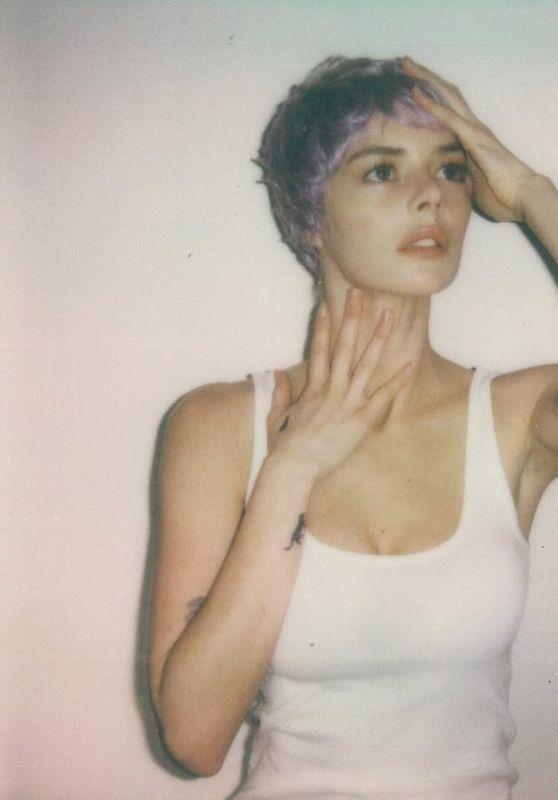

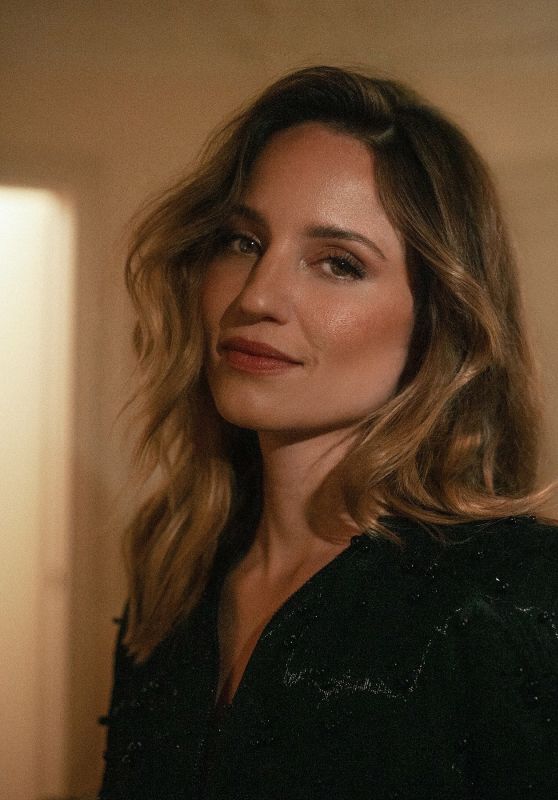













 English (US) ·
English (US) ·